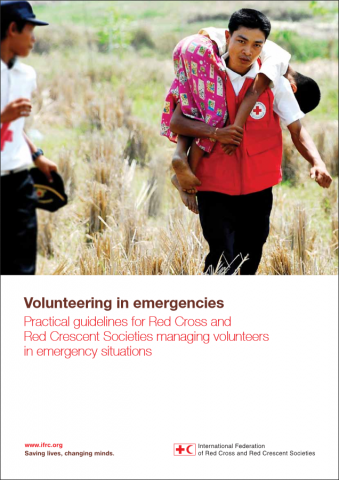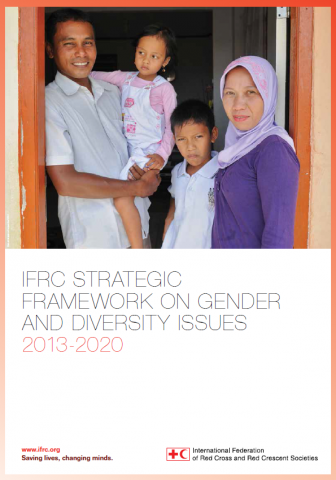All Under One Roof: Disability Inclusive Shelter and Settlement Guidelines
These guidelines are the result of institutional collaboration between IFRC, CBM and Handicap International, and between the Shelter & Settlements and Health Departments within IFRC. The aim is to transform the way humanitarian organisations approach inclusion and accessibility in their shelter and settlement programmes. The World Health Organisation estimates that 15% of the population are […]
All Under One Roof: Disability Inclusive Shelter and Settlement Guidelines Read More »


